As a BetterHelp affiliate, we receive compensation from BetterHelp if you purchase products or services through the links provided
In navigating through life’s intricacies, it’s common to encounter individuals who seem to drain your energy and challenge your well-being. Among these personalities may be the narcissist, whose traits can be subtle and deeply woven into their interactions with others. Understanding these characteristics is crucial as it could impact your relationships and personal growth. When specific patterns begin to emerge, they might suggest that you are dealing with a narcissist.
Spiritual discernment can play a role in recognizing these patterns. It’s said that divine influence can sometimes shine a light on aspects of our lives that require our attention. In this context, that may include illuminating the behavior of a narcissist within your sphere. The revelation of such behavior can be unsettling, but it also serves as a turning point, providing insights and opportunities to establish healthier boundaries.
Key Takeaways
- Identifying narcissistic characteristics is key to understanding their impact on relationships.
- Spiritual discernment may act as a catalyst in exposing a narcissist in your life.
- Awareness enables the establishment of healthier boundaries and personal growth.
 Recognizing Narcissistic Traits
Recognizing Narcissistic Traits
In understanding how a narcissist operates in your life, keep an eye out for distinctive behaviors that set them apart. These traits can have a profound impact on your relationships and interactions.
Lack of Empathy in Interactions
Narcissists often display a distinct lack of empathy, making it hard for them to recognize or respond to your feelings. You might notice:
- They don’t acknowledge your emotions, mainly if those emotions don’t serve their interests.
- They react indifferently or dismissively to situations where empathy is expected.
Key Takeaway: If emotional support is one-sided, you may be dealing with a narcissist.
Chronic Self-Centeredness and Arrogance
These individuals usually exhibit:
- An inflated sense of self-importance or grandiosity.
- A tendency to monopolize conversations, redirecting the focus back to themselves.
Their self-centeredness is not just a habit but a persistent behavior pattern. It’s a shining beacon of their selfish behavior.
Key Takeaway: Enduring self-centered behavior may suggest a more profound narcissistic personality trait.
 Manipulation and Control Tendencies
Manipulation and Control Tendencies
Narcissists often employ manipulation as a tool to exert control, using tactics like:
- Gaslighting makes you question your reality or experiences.
- Guilt-tripping to leverage sympathy.
They may manipulate circumstances to tilt the scales in their favor, always aiming to come out on top.
Key Takeaway: Consistent manipulation and the need to control are hallmarks of a narcissist’s interaction style.
Spiritual Insights on Narcissism
The spiritual journey involves recognizing the influences around you, including the presence of narcissistic individuals. Grasping this concept can impact your spiritual well-being profoundly.
Discernment and Divine Wisdom
You may seek divine guidance to sharpen your discernment—the ability to see people for who they truly are. God’s wisdom can illuminate characteristics in individuals that might harm your spiritual growth.
- Pray for insight: Ask for God’s wisdom to reveal hidden motives.
- Reflect on experiences: Notice recurring patterns in your interactions.
Key Takeaway: Lean on divine wisdom to understand the people in your life.
Lessons on Humility and Pride
Handling narcissism often teaches valuable lessons about humility and pride. When dealing with a narcissist, remember your worth doesn’t come from their approval.
- Embrace humility: Recognize your value without seeking excessive praise.
- Acknowledge pride: Be aware of situations where pride may cloud your judgment.
Key Takeaway: Learn to differentiate between healthy confidence and destructive pride.
 Interpersonal Dynamics
Interpersonal Dynamics
They understand how a narcissist functions in relationships and the significance of setting healthy boundaries can protect your well-being and clarify the power dynamics at play.
Narcissists and Relationships
Narcissists thrive on attention and may charm you at first. They often position themselves as the hero or the victim to command your sympathy and admiration. In relationships, they may lack genuine empathy, making it challenging to truly connect with your feelings or needs. Here are some key indicators:
- Frequent lack of reciprocation in care or affection
- Neglect for your accomplishments or struggles
- A tendency to manipulate situations to their advantage
A key takeaway: Watch for these signs as they can reveal a one-sided relationship dynamic.
 Boundaries and the Importance of Maintaining Them
Boundaries and the Importance of Maintaining Them
Establishing healthy boundaries is your right; it’s vital for your emotional health, especially around a narcissist. Boundaries tell where your limits lie and protect your sense of Self. Here’s how you can enforce them:
- Clearly communicate what you are comfortable with, and stick to it—consistency is key.
- Don’t waver when they push back—it’s a test of your resolve.
- Remember, “No” is a complete sentence.
The presence of narcissistic abuse can make it difficult to maintain boundaries, but doing so is a crucial step towards fostering self-respect and a healthier environment.
A key takeaway: Firm boundaries are your shield; they help maintain distance from the negative impact a narcissist can have in your life.
The Mechanism of Deception
Narcissists are adept at crafting illusions that serve their own needs, often at the expense of others. Recognizing the tools they use can protect your mental and emotional well-being.
 Recognizing Lies and Gaslighting
Recognizing Lies and Gaslighting
Lies are the primary element in the narcissist’s toolkit. To spot a lie, pay attention to inconsistencies in stories or when facts don’t add up. Trust your instincts—if something feels off, it usually is.
- Fact-check: Don’t take everything at face value. Cross-reference what you’re told with reliable sources.
- Keep records: Maintaining a log of conversations can help you identify discrepancies over time.
Gaslighting is a strategy narcissists employ to make you doubt your reality and memory. Tactics include:
- Denial of the past: Even if you have clear evidence, a narcissist might deny past events ever happened.
- Trivializing feelings: They may accuse you of being overly sensitive or misinterpreting the situation when you express discomfort.
Key takeaway: Trust yourself. Validate your experiences against hard evidence and seek support when lies and gaslighting occur.
Blame-Shifting and Deceit
Blame-shifting occurs when a narcissist diverts responsibility for their actions onto you, often making you feel at fault.
- Avoid internalizing: When blame is shifted onto you, remember that you are not the source of their behaviors.
- Set boundaries: Clarify what is and isn’t your responsibility, and hold firm to those limits.
Deceit is a broader web of manipulation involving lying and crafting elaborate deception schemes.
- Identify patterns: Take note of recurring tactics that aim to mislead you or alter perceptions.
- Seek perspective: Outside perspectives can provide clarity and affirm the reality of situations.
Key takeaway: Stay grounded. By understanding blame-shifting and deceit, you can maintain a clear sense of self amidst manipulation.
 Emotional and Mental Health Considerations
Emotional and Mental Health Considerations
When someone in your life exhibits selfish behavior, it’s critical to understand how it can affect you emotionally and mentally.
Impact of Narcissistic Abuse on Victims
Narcissistic abuse often leaves a profound impact on your mental health. You might experience:
- Confusion and self-doubt: Your sense of reality may be constantly challenged.
- Chronic stress: Living in a perpetually defensive state can take its toll.
- Low self-esteem: Regular criticism can lead to severe self-esteem issues.
- Anxiety: You may find yourself feeling anxious without understanding why.
Victims of narcissistic abuse often feel a sense of chronic helplessness, leading to prolonged stress that may manifest in various health complications. You might find your anger simmering under the surface, or you may experience unexpected outbursts, which are common reactions to the ongoing pressure from a narcissist’s behavior. Healing begins with recognizing these signs and acknowledging their sources.
Key Takeaway: Be aware of the emotional turmoil and mental strain caused by narcissistic abuse; it’s a real and significant concern.
 Seeking Professional Help and Support
Seeking Professional Help and Support
Finding the right support system is imperative when dealing with the impact of a narcissist in your life. Consider these steps:
- Identify a therapist: A mental health professional specializing in narcissistic abuse can provide personalized strategies for recovery.
- Support groups: Connect with others who have faced similar situations; shared experiences can offer comfort and advice.
- Self-care routines: Incorporate activities that promote calm and offer refuge from stress.
Maintaining your mental health requires building a network of resources that can include therapy, support groups, and personal coping strategies. Recognizing when you need help and seeking it actively is essential. This aids in channeling your anger or hurt into a constructive pathway toward healing.
Key Takeaway: Actively seeking professional help and creating a robust support network are vital steps in maintaining your mental health and resilience in the face of narcissistic abuse.
Telltale Signs of God Exposing a Narcissist
When the truth surfaces, it often brings a clarity that feels divine in its revelation. You might experience events and insights that illuminate the presence of a narcissist in your life in ways that cannot be ignored.
Sudden Clarity and Realizations
- Intensified Gut Feelings: That nagging sensation in your gut suddenly intensifies, urging you to re-evaluate the individual’s behavior and intentions. Trust your intuition when it signals something is off.
- A Pattern of Selfish Actions: Over time, a clearer pattern of selfishness and lack of empathy becomes apparent, possibly highlighted by a particular event that can’t be dismissed.
Key Takeaway: Trust your instincts and observe patterns of behavior that appear self-centered or lacking empathy.
External Influences Leading to Exposure
- Unexpected Testimonies: You may hear accounts from others that corroborate your doubts, as if by some orchestrated plan, shedding light on the narcissist’s true character.
- Signs of Falsehood: The mismatch between the person’s words and actions becomes more noticeable, perhaps through a coincidence that feels like a nudge to see the truth.
Key Takeaway: Be attentive to the stories others share and to discrepancies between words and actions that may reveal a narcissist’s true nature.
Reaction and Defense Mechanisms
When a narcissist feels threatened, their reaction can reveal key aspects of their personality. Pay attention to how they respond to criticism and observe their defense mechanisms.
Narcissistic Rage and Retaliation
A narcissist often reacts with intense anger when their self-image is challenged. Your attempt to address problematic behaviors can be met with:
- Hostility: They may lash out to intimidate you into compliance.
- Denial: A refusal to acknowledge any wrongdoing is common.
- Retaliation: There may be efforts to undermine your own credibility or status in response.
This reaction pattern is a defense against perceived attacks on their inflated sense of self.
Key Takeaway: Narcissistic rage is a common response when their sense of superiority is threatened.

Ego and Vulnerability to Criticism
Narcissists display a fragile ego and are highly sensitive to criticism. They may employ various manipulation tactics to deflect and preserve their self-image:
- Gaslighting: Making you doubt your perceptions and memories.
- Projection: Accusing you of the faults they are unwilling to see in themselves.
- Shifting Blame: Suddenly, it’s your fault; they are the victim.
Understanding these behaviors helps in recognizing and protecting yourself from their harmful effects.
Key Takeaway: Awareness of these defensive patterns can arm you with foresight in navigating interactions with a narcissist.
 Dealing with Narcissists
Dealing with Narcissists
When a narcissist surfaces in your life, the challenges you face are unique. Your abilities to identify manipulation and maintain self-awareness will be the tools to keep you grounded.
Navigating Manipulative Behaviors
Narcissistic individuals often use a variety of tactics to manipulate those around them. Recognizing these behaviors is the first step to dealing with narcissists.
- Identify Gaslighting: Trust your memory and feelings. If someone consistently makes you doubt these, they may use a tactic known as gaslighting.
- Recognize Control Attempts: A narcissist may try to control your actions. Be mindful if you feel pressured to act against your better judgment.
- Assert Boundaries: Be clear about your limits. It’s okay to say no and stick to it.
Key Takeaway: Familiarize yourself with manipulative tactics to better defend against them.
The Importance of Self-Awareness
Self-awareness acts as your emotional armor against a narcissist’s tactics.
- Engage in Introspection: Take time for self-reflection to understand your values, feelings, and boundaries.
- Practice Self-Care: Prioritize activities that foster your well-being and strengthen your resolve.
- Seek Support: Sometimes, an outside perspective can be invaluable. Don’t hesitate to reach out to trusted friends or professionals.
Key Takeaway: Building self-awareness helps you stay true to yourself in the face of narcissistic behavior.
Healing and Recovery Path
Embarking on a healing journey requires courage and determination. This path is about mending your life and regaining your sense of self after the detrimental impact of a narcissist. It encompasses learning to forgive and building the resilience necessary to protect yourself in the future.
The Role of Forgiveness
Forgiving is not about condoning hurtful behavior; it’s about freeing yourself from the emotional chains that bind you to the past. Overcoming bitterness and resentment can be tough, but it’s a crucial step in healing. Consider these strategies:
- Reflect: Take time to understand that forgiveness is for your peace of mind, not for the narcissist.
- Express: Writing down your feelings can be a constructive way to work through them.
Key takeaway: Forgiving is a gift to yourself, facilitating a release from past grievances to foster inner peace.
 Developing Personal Resilience
Developing Personal Resilience
Emotional resilience equips you to bounce back from life’s challenges. Narcissistic relationships test your strength, but they can also be a catalyst for personal growth. Here are tips to build resilience:
- Set Boundaries: Assert your needs and establish clear boundaries to prevent future manipulation.
- Cultivate Self-Care: Engage in activities that nurture your mind, body, and spirit.
- Connect: Surround yourself with a supportive community that reinforces positive self-worth.
Key takeaway: Strengthening your emotional resilience is foundational in surviving hurtful experiences and thriving beyond them.
Setting the Stage for Better Outcomes
In the journey of life, the presence of a narcissist can be a pivotal point for both personal challenge and transformation. Recognizing such an individual could catalyze your growth and a shift towards more positive life choices.
Learning from Challenging Experiences
You may have faced difficult times that left you feeling drained or confused, especially when dealing with a narcissist. However, these experiences are valuable opportunities for learning and building resilience. Consider these strategies:
- Reflect on Past Interactions: Take a moment to think about your encounters with the narcissist. What patterns do you notice? How have they affected your feelings and actions?
- Assess Personal Boundaries: Have your boundaries been respected? Identifying moments where your boundaries were crossed can help you establish firmer lines in the future.
Key Takeaway: Reflect on challenging experiences to better understand yourself and set personal boundaries.
Embracing Growth and Change
Change isn’t just inevitable; it’s necessary for personal development. This is your moment to turn insights into action and embrace the growth that can come from challenging circumstances.
- Develop a Growth Mindset: Believe you can evolve and improve from these experiences. Remember, challenges often lead to growth.
- Create an Action Plan: Outline steps to distance yourself from negative influences and nurture positive relationships and self-care practices.
Key Takeaway: Embracing the need for change and personal growth can transform a negative encounter into a powerful lesson in resilience and self-improvement.
Recognizing Healthy vs. Toxic Behaviors
Understanding the difference between healthful and detrimental relationship habits is essential for your emotional well-being. Healthy behaviors should reinforce your self-respect and foster mutual growth, while toxic behaviors often have the opposite effect.
In a wholesome interaction, you’ll see:
- Validation: Your feelings and thoughts are acknowledged and considered.
- Healthy Boundaries: Both parties respect each other’s personal space, time, and individuality.
- Mutual Admiration: Appreciation is given freely without ulterior motives.
On the other hand, toxic behaviors may involve:
- Control Issues: You might feel your freedom is stifled by someone who demands to call the shots on every aspect of your life.
- Constant Need for Admiration: A narcissist often craves ceaseless praise and attention.
- Exploitative Behavior: They may leverage your kindness for their benefit without reciprocation.
- Manipulation: Covert tactics could be used to shape your thoughts and actions in their favor.
Recognizing these patterns plays a crucial role in identifying the presence of a narcissist. If you find yourself continually drained or belittled, it’s vital to reassess the dynamics at play. Be wary if your interactions leave you feeling consistently invalidated or excessively controlled. True relationships should uplift you and should not exploit your good nature.
Key Takeaway: Healthy relationships are marked by mutual respect, boundaries, and validation, while toxic ones may try to manipulate, exploit, and control you. Trust your feelings; if something doesn’t sit right with you, it might warrant a closer look.

16 Signs Divine Insight is Revealing a Narcissist in Your Life
Navigating life’s complexities often brings us face-to-face with diverse personalities. Among these, narcissists stand out for their particularly challenging traits. These individuals can subtly weave their behaviors into everyday interactions, impacting your relationships and personal growth. Here, we explore 16 signs that might indicate a higher power is guiding you to recognize a narcissist in your life.
1. Unrelenting Self-Focus
- The person consistently centers conversations around themselves, showing little interest in others’ lives or feelings.
2. Excessive Need for Admiration
- They crave attention and praise excessively, becoming upset if not given the spotlight.
3. Lack of Empathy
- They struggle to understand or share the feelings of others, often dismissing or ignoring others’ emotional states.
4. Exploitative Behavior
- Using others for their gain without considering the impact on those around them.
5. Envious Attitudes
- They often exhibit jealousy or begrudge others’ successes or possessions.
6. Arrogant Demeanor
- Displaying an attitude of superiority and an inflated sense of self-importance.
7. Manipulative Communication
- Twisting words or situations to benefit themselves, often at others’ expense.
8. Frequent Mood Swings
- Their emotional state may shift rapidly, especially when their ego feels threatened.
9. Difficulty in Maintaining Relationships
- They often have tumultuous personal and professional relationships due to their behavior.
10. Exaggeration of Achievements
- Inflating their accomplishments, often lying about their capabilities and successes.
11. Entitlement Mentality
- Believing they deserve special treatment and that rules don’t apply to them.
12. Sensitivity to Criticism
- Reacting negatively to feedback, often perceiving it as a personal attack.
13. Blaming Others for Failures
- They rarely take responsibility for their mistakes, instead blaming others.
14. Projecting Their Faults on Others
- Accusing others of behaviors or attitudes they exhibit.
15. Gaslighting
- Making others doubt their reality or perceptions, often through denial and lying.
16. Superficial Charm
- Initially appearing charming and engaging, it is used as a tool to manipulate.
Key Takeaways:
- Identifying these characteristics is essential for understanding their impact on your relationships.
- Spiritual discernment may help in recognizing these traits, acting as a guide to spot a narcissist.
- Awareness of these signs enables you to establish healthier boundaries and fosters personal growth.
Remember, encountering a narcissist can be a challenging experience, but recognizing their traits provides an opportunity for empowerment and self-awareness. It’s crucial to prioritize your well-being and seek support when needed.
Frequently Asked Questions
Navigating the signs of narcissism, especially in a spiritual context, can be complex. These FAQs aim to shed light on recognizing and handling such situations with clarity and wisdom.
How can one recognize the emergence of narcissistic behavior in a spiritual context?
You may notice someone using their spirituality as a facade, seeking admiration and attention for their piety rather than truly committing to spiritual practices. They might also lack empathy and be manipulative despite a seemingly devout exterior. It’s critical to observe discrepancies between their words and actions.
What are the typical outcomes when a spiritual narcissist’s true character is revealed?
When a narcissist is unmasked, relationships often undergo strain. People around them feel betrayed and might distance themselves. The narcissist could face social isolation as their manipulative tactics become apparent to the community.
What spiritual guidance is available for dealing with individuals who display narcissistic traits?
Your spiritual tenets likely advocate for compassion and setting healthy boundaries. Seek guidance from religious texts and leaders to balance offering kindness and protecting your well-being. Self-care is paramount in such challenging dynamics, so remember to prioritize it.
What are some behaviors or actions that deeply affect narcissists?
Narcissists often react strongly to:
- Criticism or perceived slights may threaten their self-image.
- Boundaries are being set, as they prefer to control situations.
Over time, these reactions can become telling signs of deeper character flaws.
In what ways might a narcissist approach spirituality or seek a connection with the divine?
Narcissists might pursue spiritual connections for self-aggrandizement rather than genuine enlightenment. You’ll notice they may:
- Portray themselves as more enlightened or spiritually advanced.
- Use spirituality to exert power or control over others.
This facade might be convincing at first but usually lacks depth and consistency.
How does one cope with the realization of having a narcissistic partner within a religious marriage?
It’s a harsh awakening, but there’s hope. First, seek counsel — whether a trusted religious advisor or a professional therapist. Focus on maintaining your spiritual integrity and seek support networks within your community. Remember, prioritizing your mental and emotional health is not selfish; it’s necessary.
 Personal Journey: Overcoming Challenges with a Narcissistic Partner
Personal Journey: Overcoming Challenges with a Narcissistic Partner
Meet Jacob Maslow: A Story of Resilience and Insight
In the realm of life’s complex challenges, few experiences test our resilience, like dealing with a narcissistic partner. My journey, marked by struggles and revelations, highlights this all too well. I’m Jacob Maslow, and I’d like to share a personal chapter of my life with you, one that intertwines the challenges of mental health and the intricacies of dealing with a narcissist.
Battling Narcissism and Upholding Mental Health
- Mental Health Journey: I rely on Lexapro to manage my mental well-being, and I’m a seasoned participant in therapy. Recently, I joined BetterHelp to continue this essential journey.
- Navigating Parental Alienation: My ex-partner, exhibiting severe narcissistic traits, ceased cooperation with reunification therapy as soon as our children agreed to end the alienation. This was a critical turning point.
- Community Impact: As a textbook narcissist, my ex sought affairs with community leaders, followed by destructive smear campaigns — a pattern echoing typical narcissistic behaviors.
A Struggle for Connection and Custody
- Custody Battles: In the years following our divorce, my ex has chosen complete alienation from our kids, defying court-ordered shared custody.
- Intensifying Challenges: As time passes, her narcissism seems to intensify with age and changing life circumstances.
- Communication Barriers: Over the past year, she has blocked all forms of communication with our children, blatantly ignoring custody orders and agreements.
- Life Adaptations: To maintain my equilibrium, I take long walks daily, finding solace and clarity in these moments of solitude.
A Voice for Others: Writing and Legal Support
- Sharing Insights: Through writing articles about mental health and narcissism, I aim to assist those grappling with narcissistic partners and their mental health challenges.
- Legal Advocacy: My legal website serves as a beacon of support for others facing non-compliance with court orders, particularly in cases where children are unjustly used as pawns in post-separation conflicts.
- A Personal Struggle: Having shared a close bond with my children until recently, the abrupt cessation of our relationship has been a significant blow to my mental health.
My story is one of struggle, adaptation, and advocacy. It reflects the harsh realities of dealing with a narcissistic ex-partner and the ongoing fight for mental health and parental rights. By sharing my experiences, I hope to offer support, understanding, and a path forward for others in similar situations. Remember, overcoming mental health challenges is possible, and you’re not alone in this journey.
- 5 Helpful Ideas for Managing Stress During a Plumbing Emergency - April 24, 2025
- Buying a Franchise Without Losing Your Mind - April 24, 2025
- 3 Ways Wearing a Hat Can Help Lower Your Stress Levels - April 19, 2025
This site contains affiliate links to products. We will receive a commission for purchases made through these links.


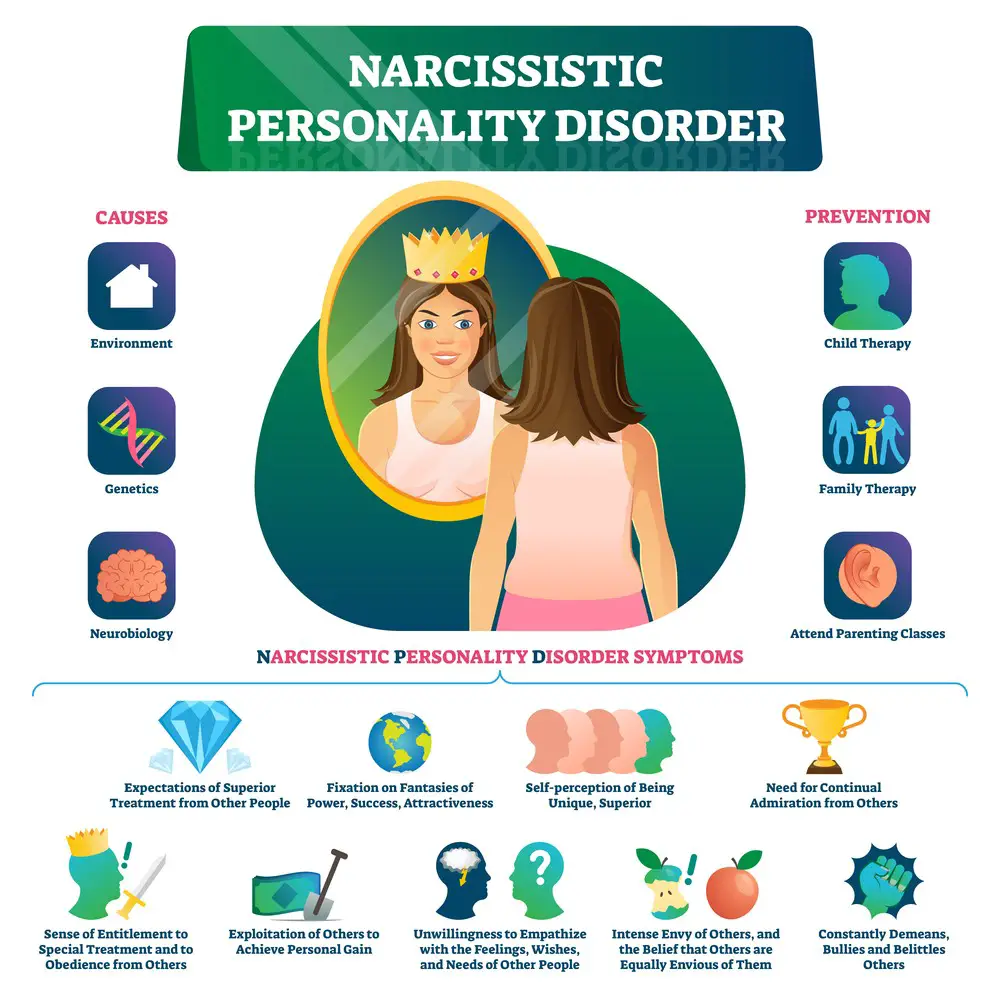 Recognizing Narcissistic Traits
Recognizing Narcissistic Traits Manipulation and Control Tendencies
Manipulation and Control Tendencies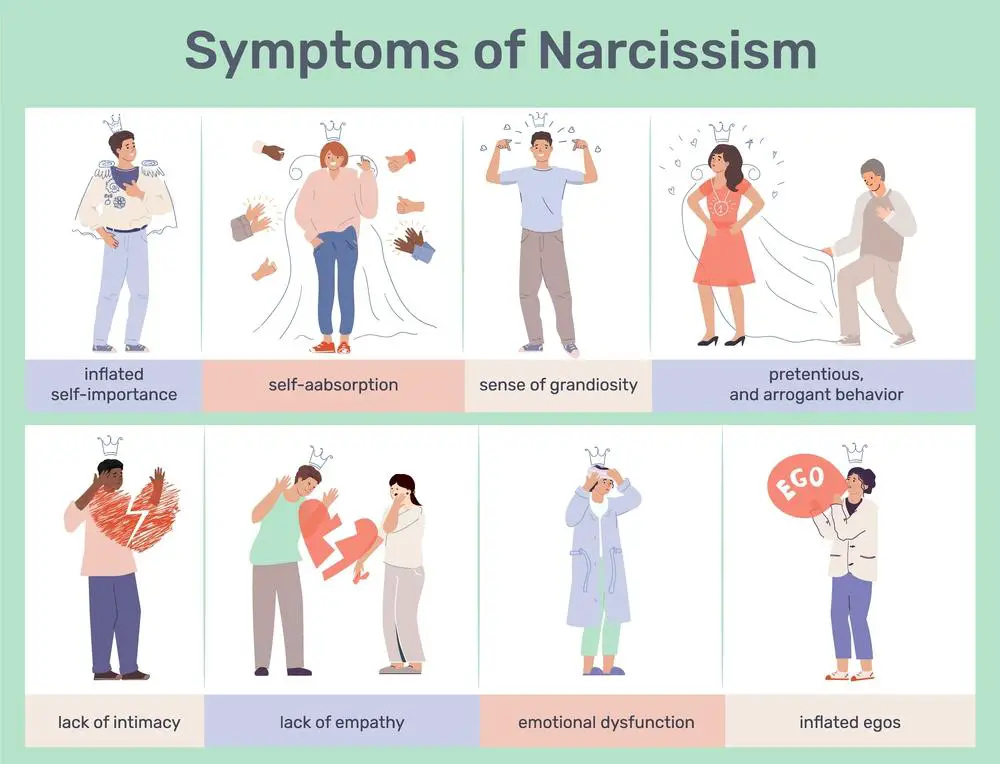 Interpersonal Dynamics
Interpersonal Dynamics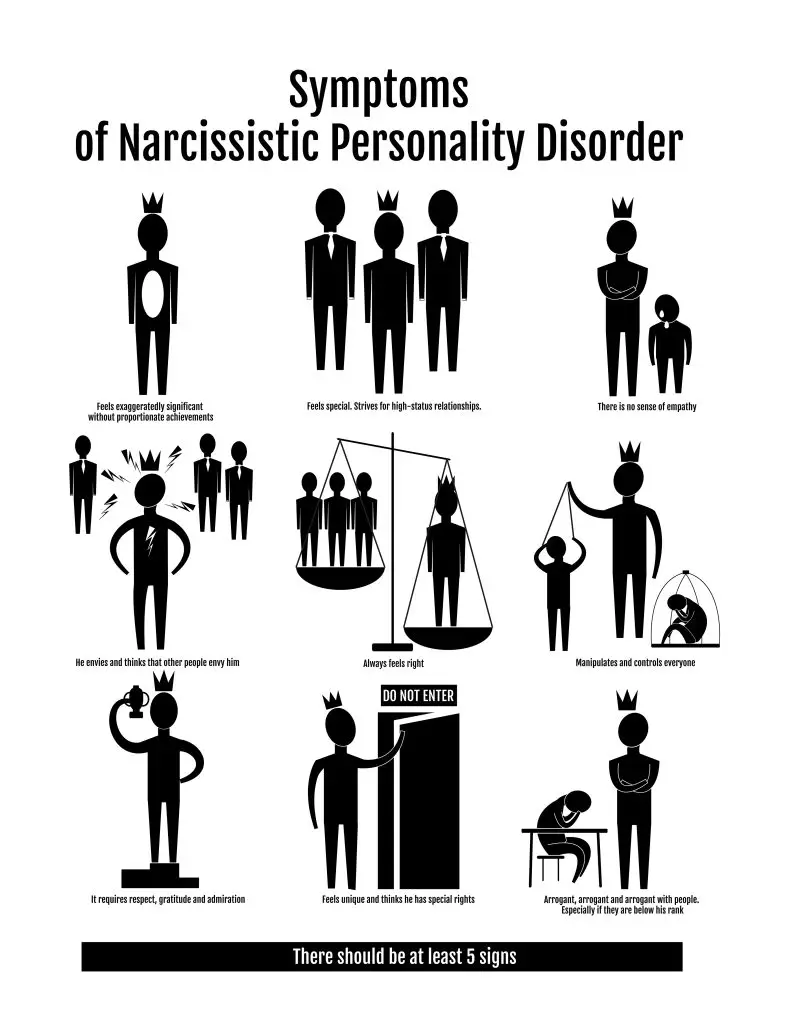 Boundaries and the Importance of Maintaining Them
Boundaries and the Importance of Maintaining Them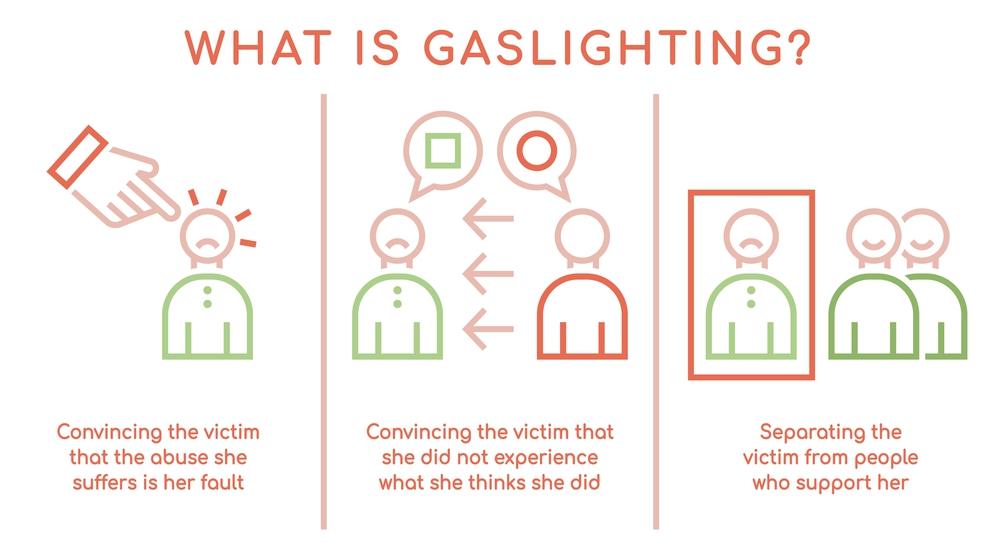 Recognizing Lies and Gaslighting
Recognizing Lies and Gaslighting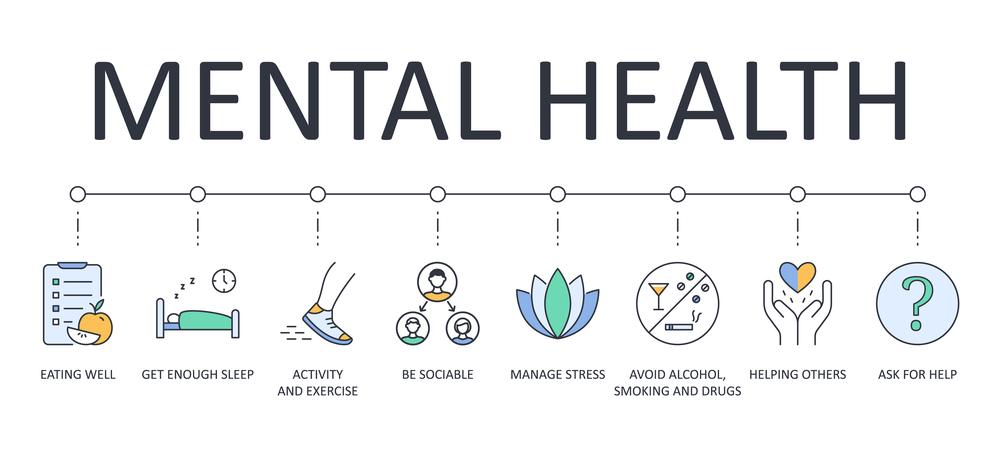 Emotional and Mental Health Considerations
Emotional and Mental Health Considerations Seeking Professional Help and Support
Seeking Professional Help and Support Developing Personal Resilience
Developing Personal Resilience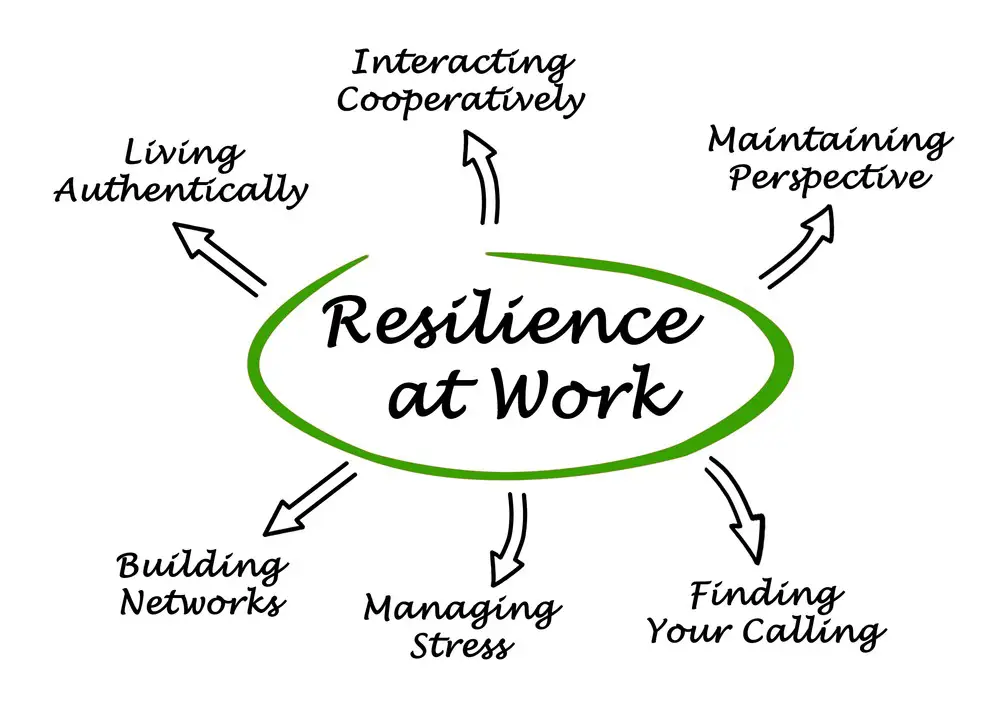 Personal Journey: Overcoming Challenges with a Narcissistic Partner
Personal Journey: Overcoming Challenges with a Narcissistic Partner
